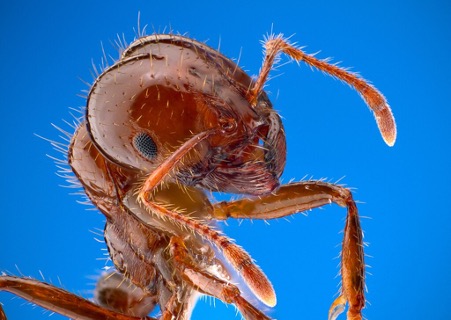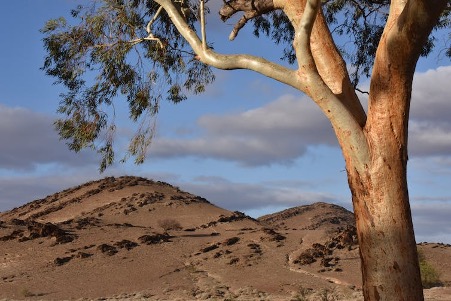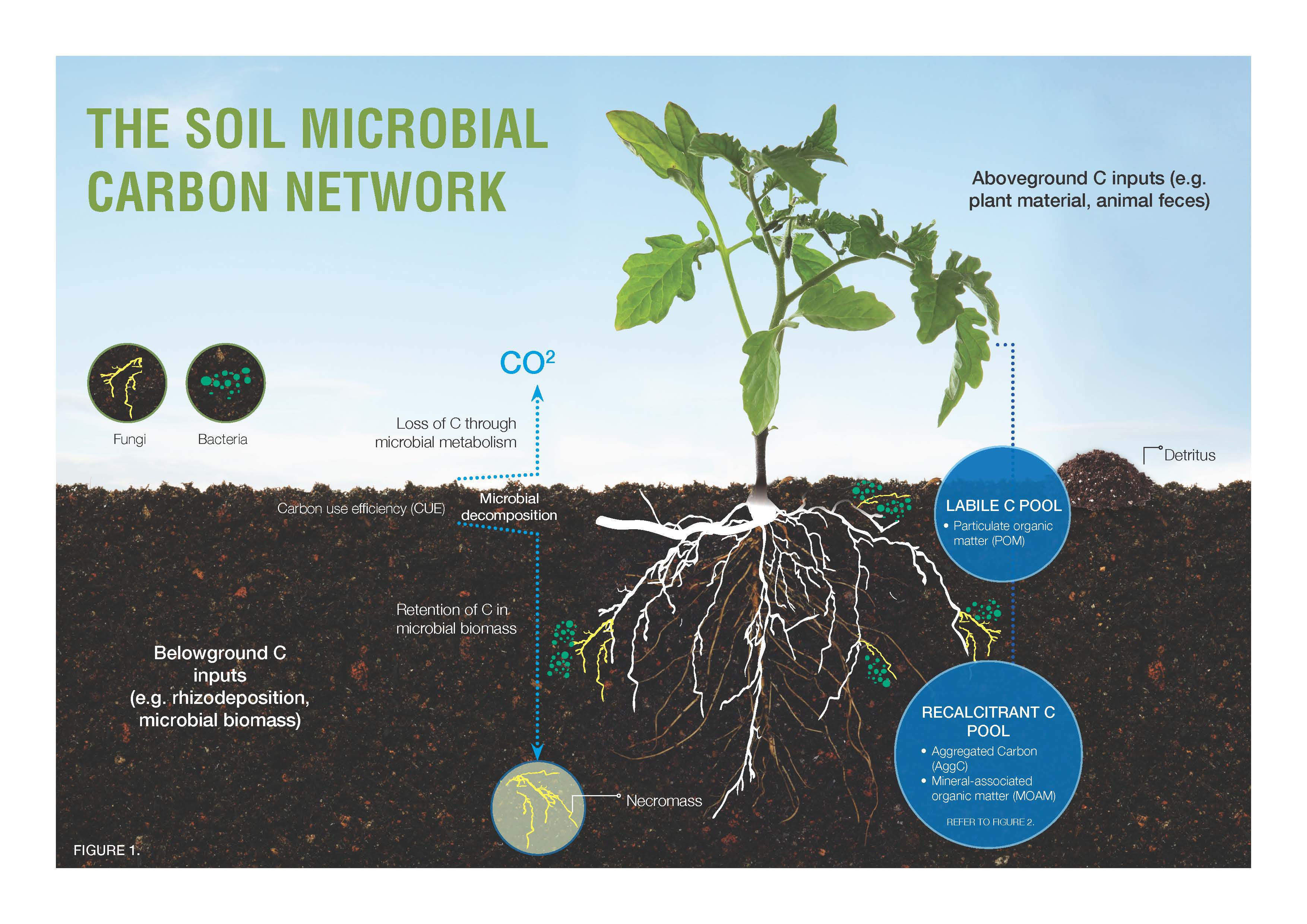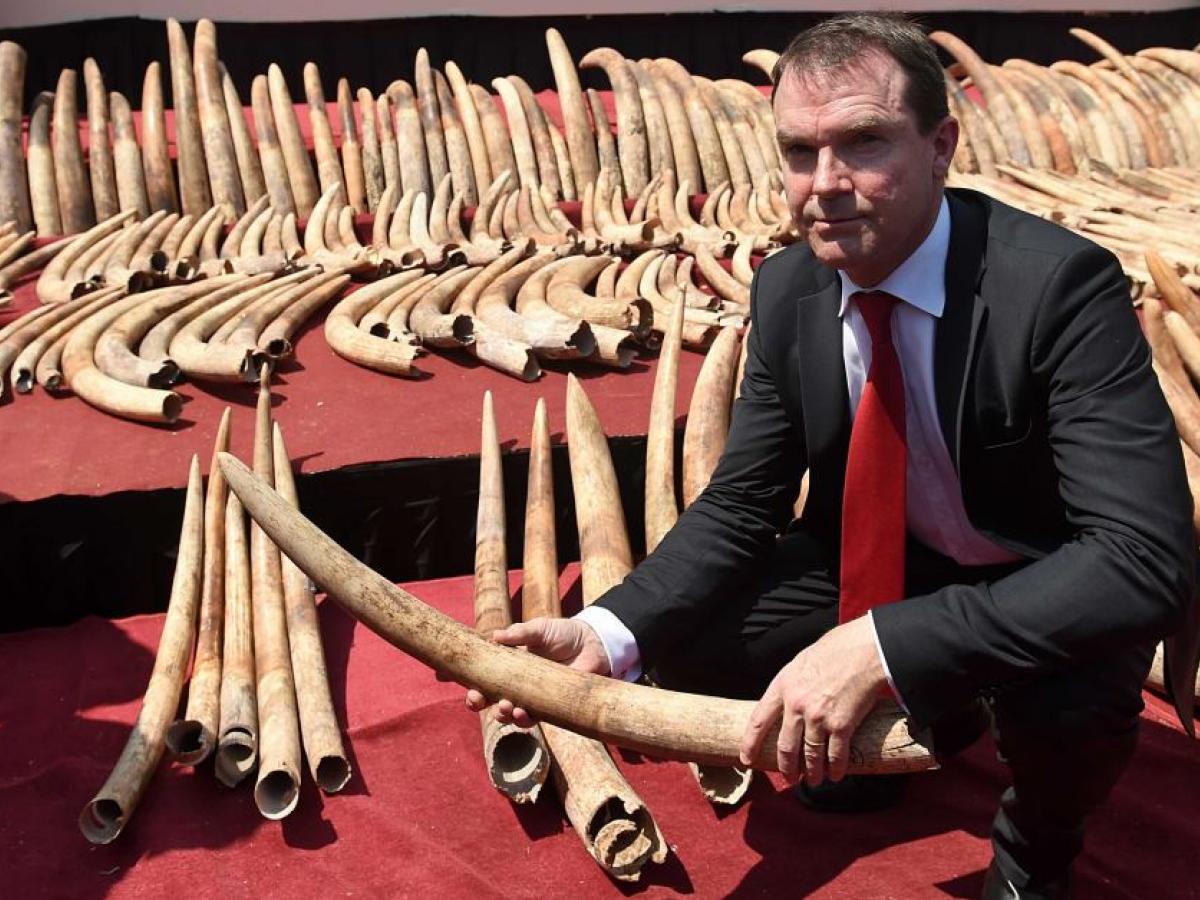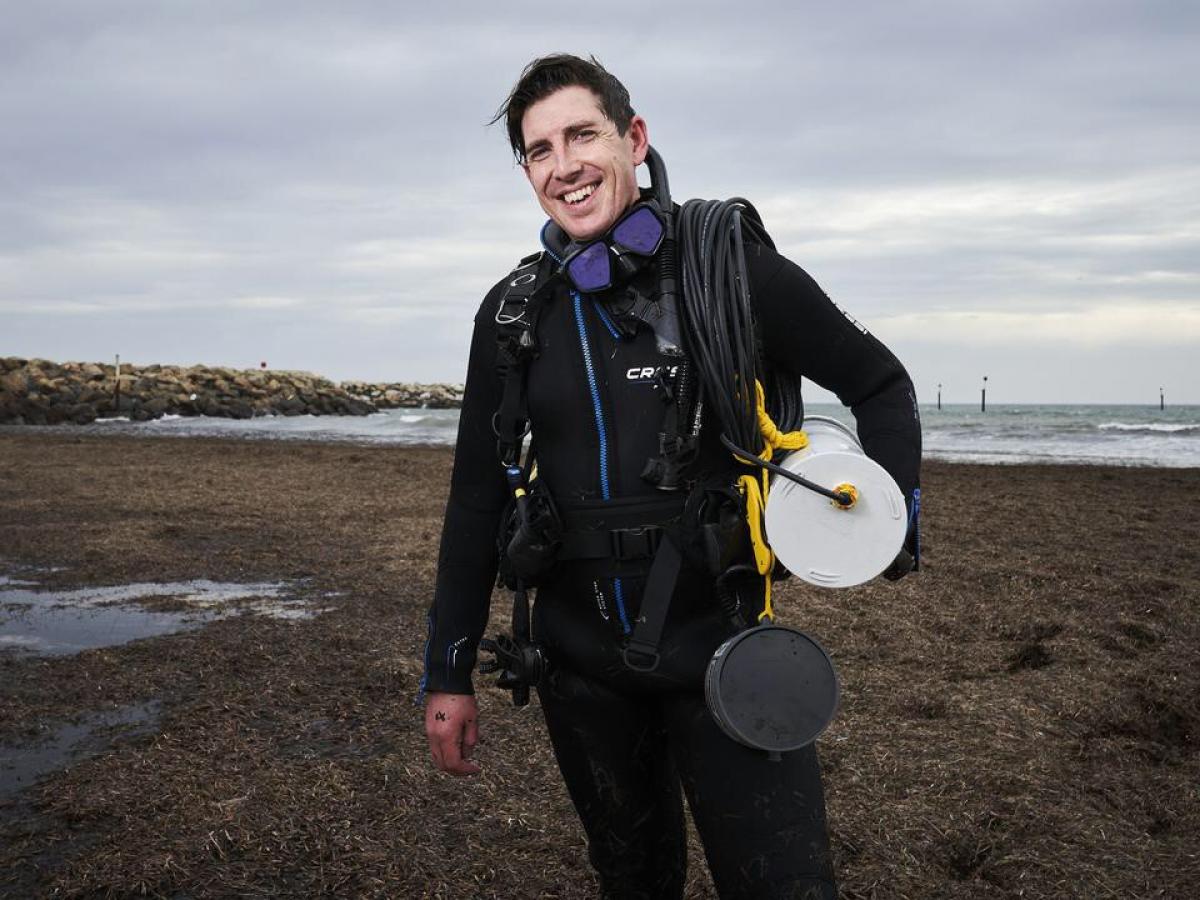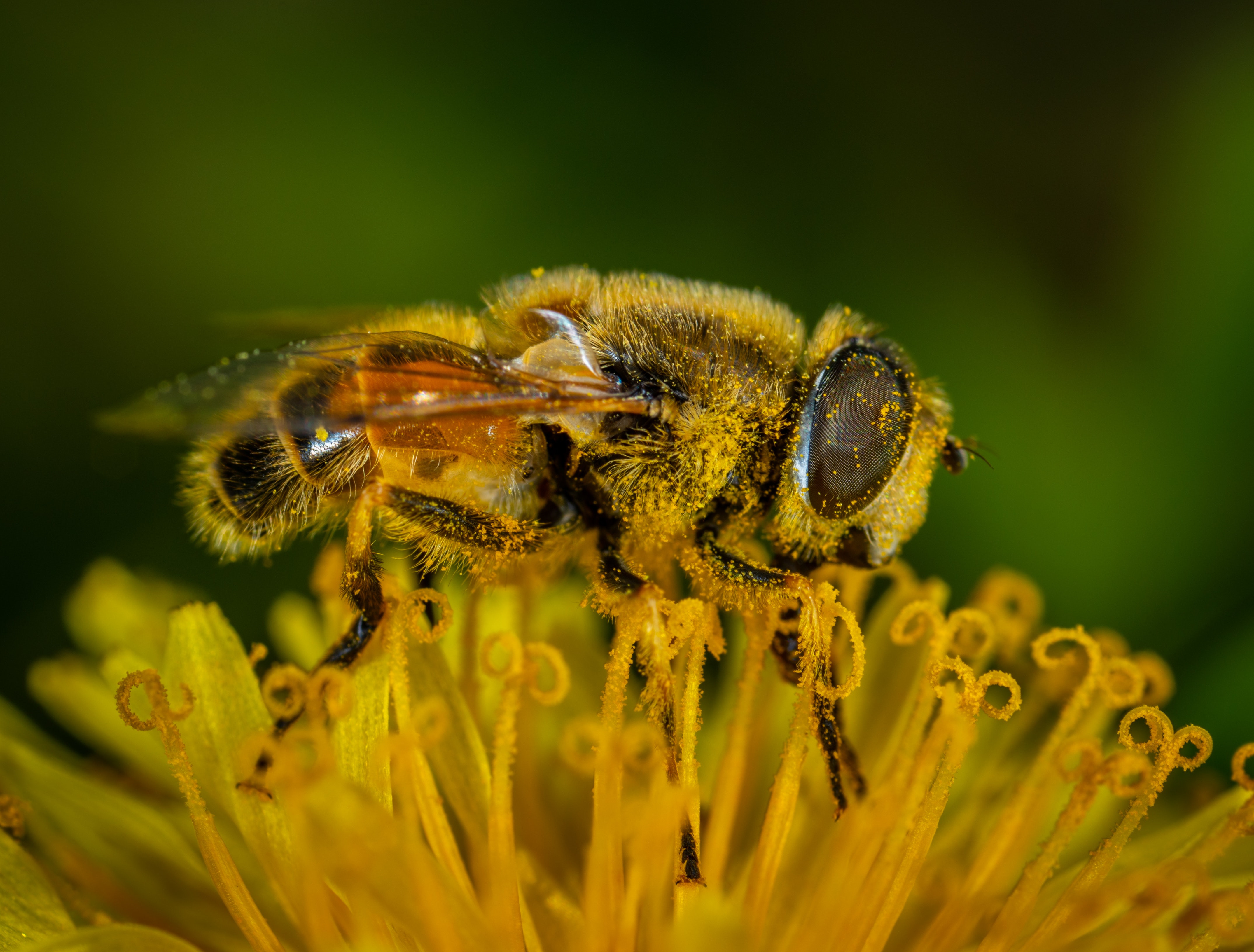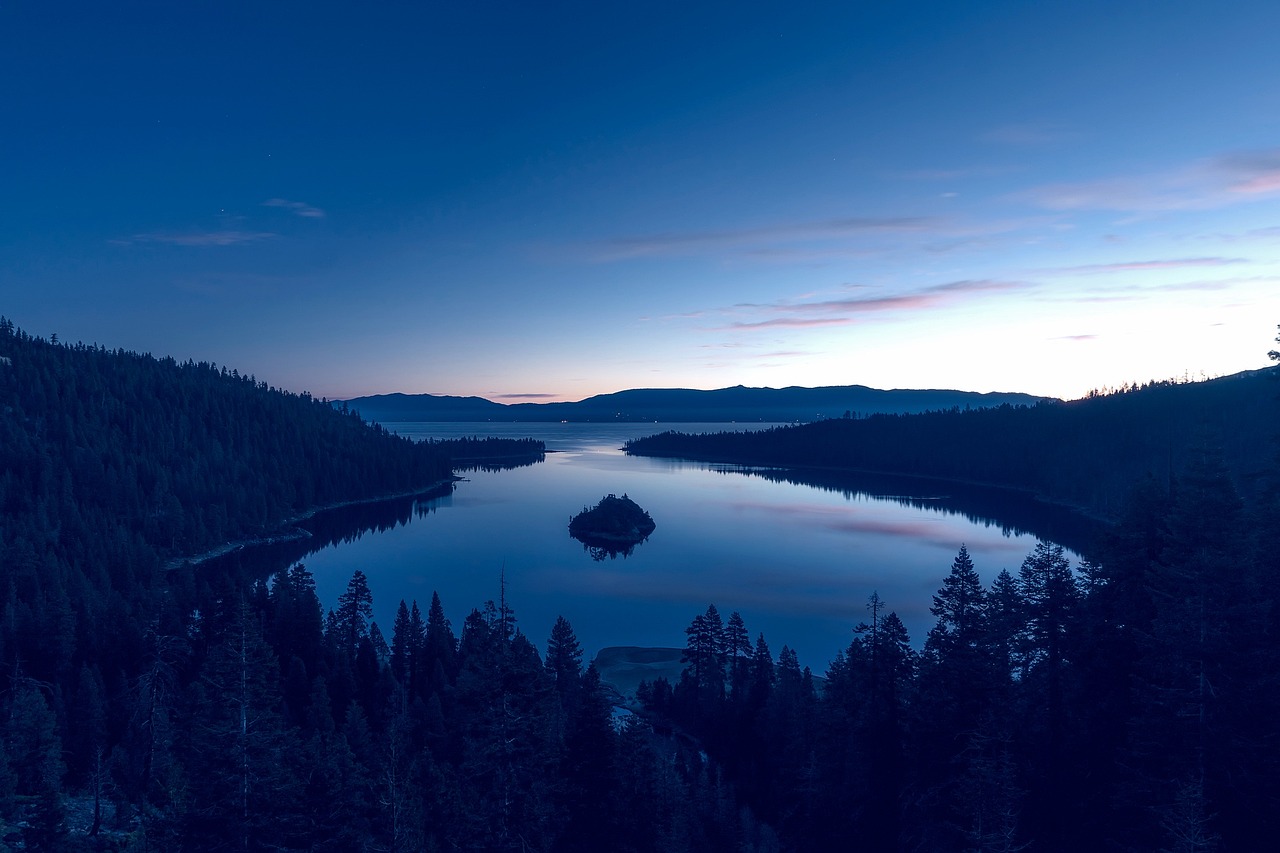BLOGS WEBSITE
Australia’s least wanted – 8 alien species and diseases we must keep out of our island home
This week’s landmark report on the impact of invasive alien species revealed costs to the global economy exceeded US$423 billion (A$654 billion) a year in 2019. Costs have at least quadrupled every decade since 1970 and that trend is set to continue. Prevention is better than a cure. Stopping pests and diseases arriving and establishing in Australia […]
Comments Off on Australia’s least wanted – 8 alien species and diseases we must keep out of our island home
The true damage of invasive alien species was just revealed in a landmark report. Here’s how we must act.
Invasive alien species are driving biodiversity loss and extinctions in every country, all over the world. Responding to the challenge, the United Nations is today releasing the first global assessment of invasive alien species and their control. It comes from the Intergovernmental Science-Policy Platform on Biodiversity and Ecosystem Services (IPBES), which represents almost 140 member […]
Comments Off on The true damage of invasive alien species was just revealed in a landmark report. Here’s how we must act.
How algae conquered the world – and other epic stories hidden in the rocks of the Flinders Ranges
Earth was not always so hospitable. Evidence of how it came to be so beautiful and nurturing is locked in the rocks of South Australia’s Flinders Ranges – a site now vying for World Heritage listing. Our new research seeks to better understand this near billion-year-old story. We discovered immense planetary upheaval recorded in the ranges. In two related […]
Comments Off on How algae conquered the world – and other epic stories hidden in the rocks of the Flinders Ranges
Microbial solutions to soil carbon sequestration
The potential of soil to capture and store carbon dioxide (CO2), known as carbon sequestration, has been proposed as a compelling mitigation strategy to help address climate change. Agriculture is the primary supervisor and benefactor of global soil carbon stocks. It has an important role to play in developing practices that reduce the physical disturbance […]
Comments Off on Microbial solutions to soil carbon sequestration
Two citizen science finalists announced for the Citizen Science Awards 2023
The finalists for the this year’s Citizen Science Awards 2023 have just been announced and they are Insect Investigators and Find Our Fungi!. These awards recognise the work of citizen science projects in engaging and gathering results from contributions of the community to science, helping to inspire and educate new generations, and these projects show how the power […]
Comments Off on Two citizen science finalists announced for the Citizen Science Awards 2023
VIDEO: John Scanlon presenting ‘Environmental, Nature and Wildlife Crimes and the Role of International Law’ lecture
On July 17 this year, the Environment Institute and Adelaide Law School had the pleasure of hosting Mr John Scanlon AO for a public lecture on ‘Environmental, Nature and Wildlife Crimes and the Role of International Law’, the first in our Hope and Wonder Series. John is the Chief Executive Officer, The Elephant Protection Initiative […]
Comments Off on VIDEO: John Scanlon presenting ‘Environmental, Nature and Wildlife Crimes and the Role of International Law’ lecture
VIDEO: Research Tuesdays Lecture Series – Reefs Awakened
Over the past two centuries, oyster reefs that were once active and effective underwater metropolises crucial to our marine ecosystems, have become almost abandoned in Australia with over 99% of these reefs completely degraded. However, thanks to our researchers, our coastlines are undergoing a revival. In a creative and innovative experiment, our ecological experts utilised […]
Comments Off on VIDEO: Research Tuesdays Lecture Series – Reefs Awakened
The feral flying under the radar: why we need to rethink European honeybees
Australia’s national parks, botanic gardens, wild places and green spaces are swarming with an invasive pest that is largely flying under the radar. This is yet another form of livestock, escaped from captivity and left to roam free. Contrary to popular opinion, in Australia, feral colonies of the invasive European honeybee (Apis mellifera) are not […]
Comments Off on The feral flying under the radar: why we need to rethink European honeybees
‘Humanity’s signature’: study finds plastic pollution in the world’s lakes can be worse than in oceans
A world-first study has found concentrations of plastics in some lakes are higher than in the most contaminated parts of oceans, demonstrating the extent to which plastics have invaded Earth’s ecosystems. In a study recently released, researchers sampled 38 lakes and reservoirs around the world, including in Australia, the United States, United Kingdom and Europe. […]
Comments Off on ‘Humanity’s signature’: study finds plastic pollution in the world’s lakes can be worse than in oceans
New Australian laws for ‘engineering’ the ocean must balance environment protection and responsible research
The Australian Labor government has introduced a bill to regulate “marine geoengineering” – methods to combat climate change by intervening in the ocean environment. The bill would prohibit listed marine geoengineering activities without a permit. Scientists are already experimenting with ways to store more carbon in the ocean or shield vulnerable ecosystems. They include ocean fertilisation and […]
Comments Off on New Australian laws for ‘engineering’ the ocean must balance environment protection and responsible research

